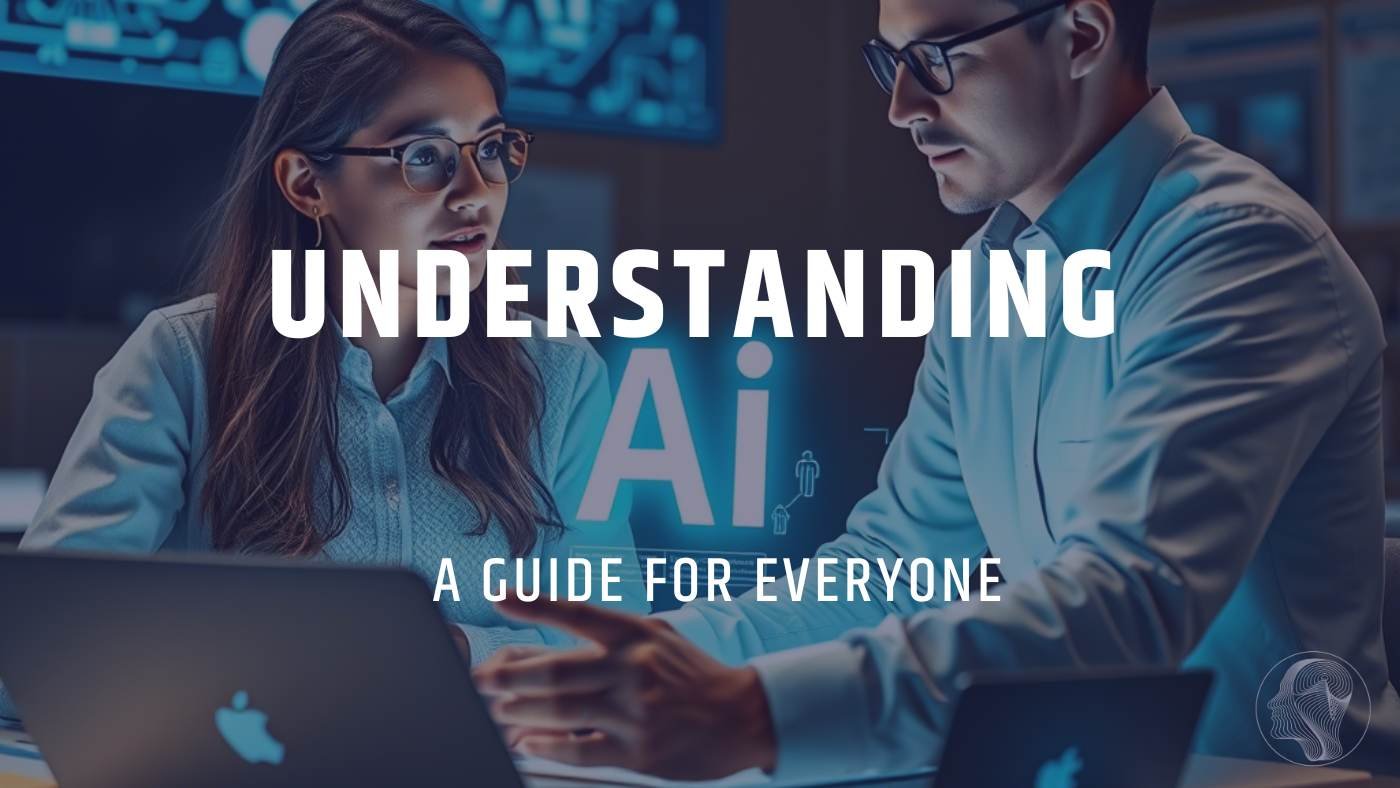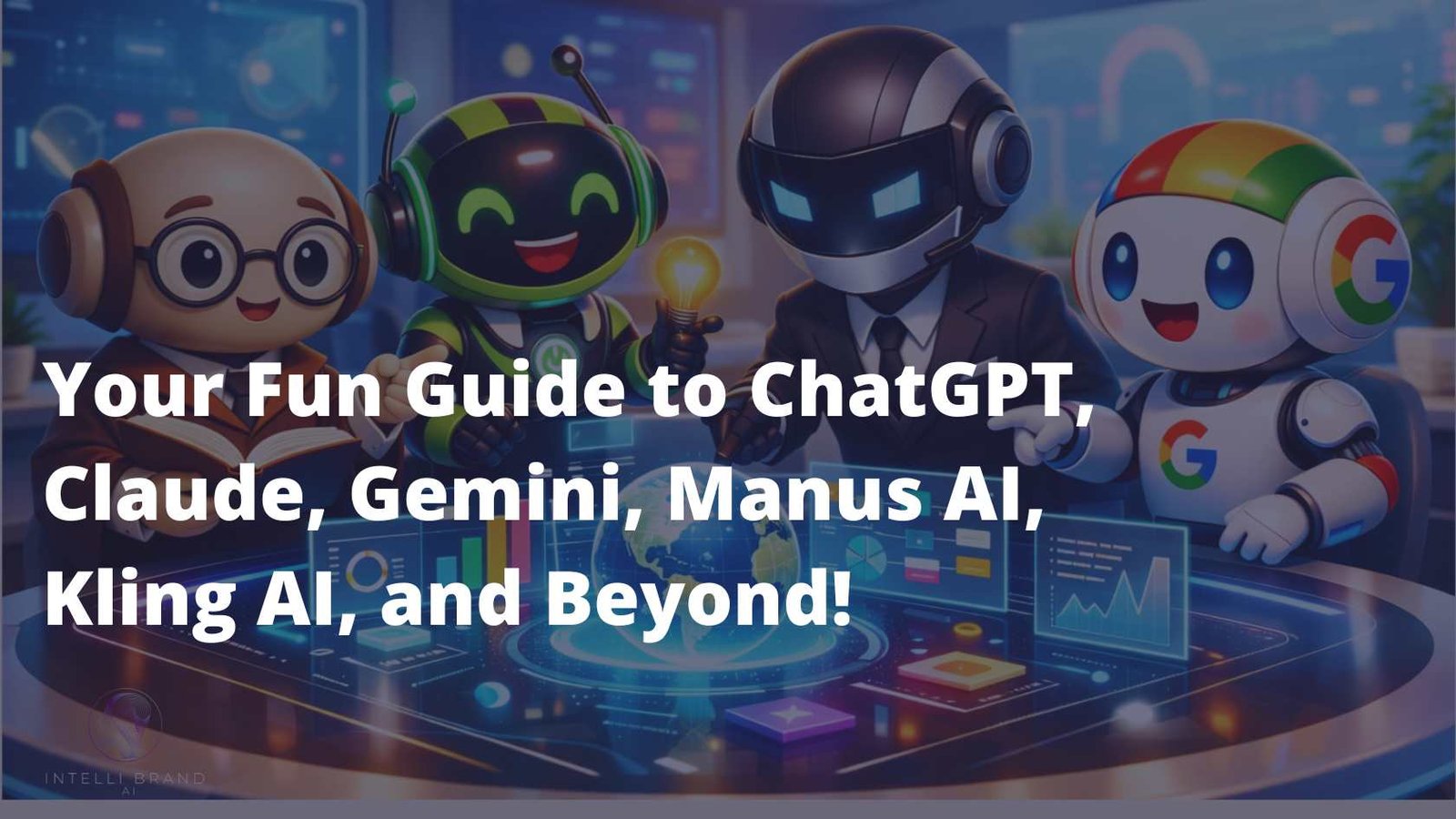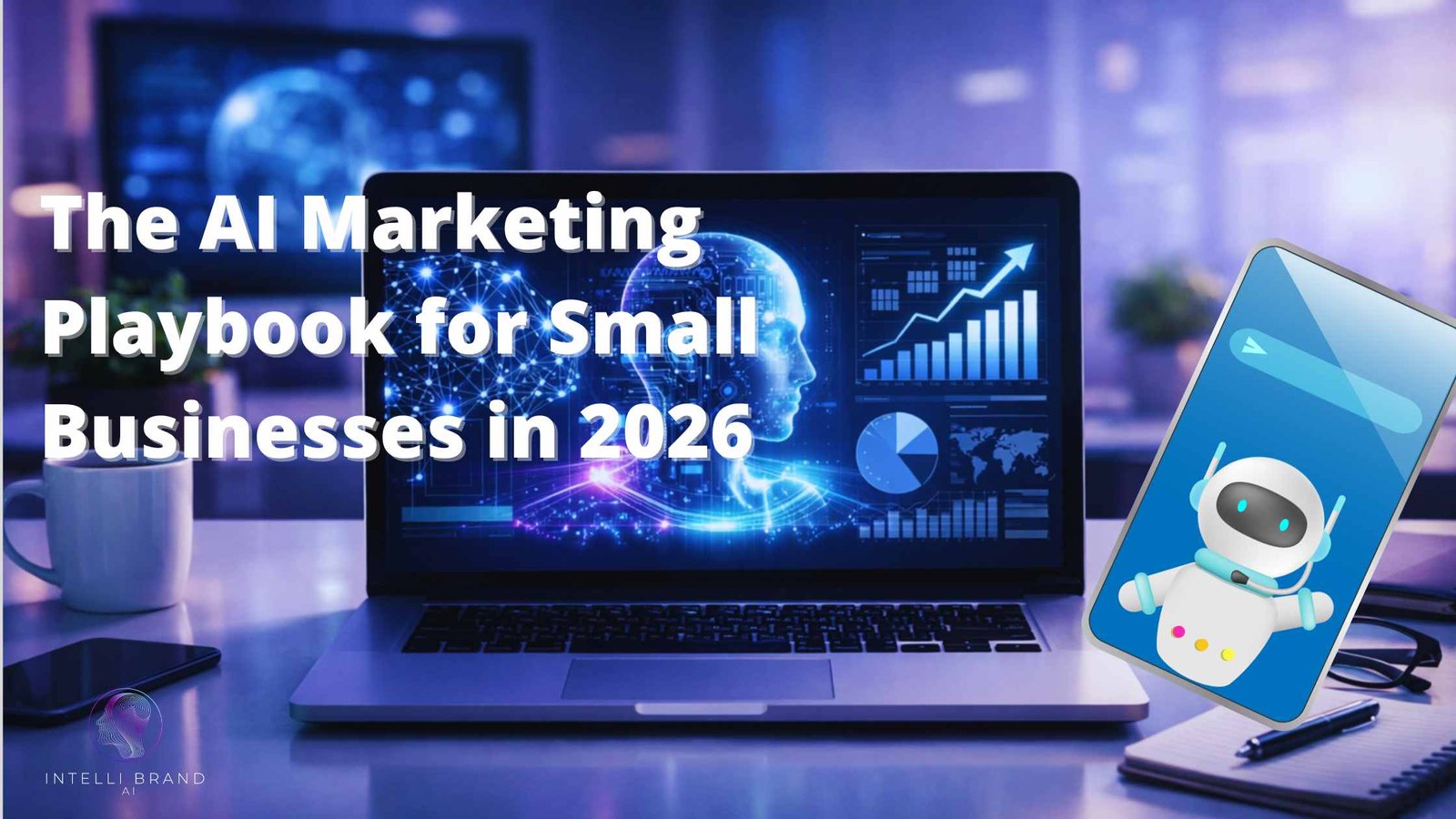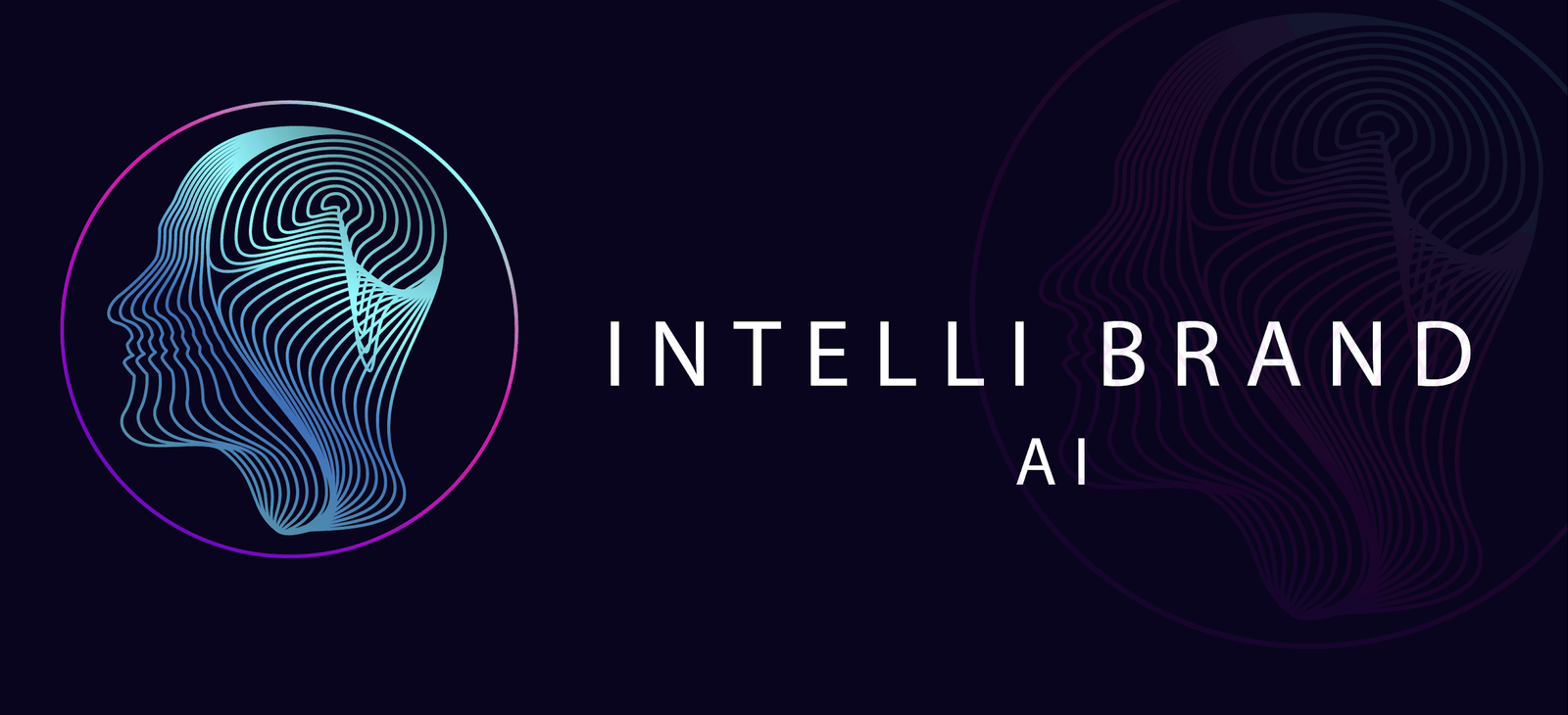Table of Contents
ToggleWhat is Artificial Intelligence?
Artificial Intelligence (AI) refers to the simulation of human intelligence processes by machines, particularly computer systems. These processes include learning, reasoning, problem-solving, perception, and language understanding. The primary purpose of AI is to enable machines to perform tasks that typically require human intelligence, thereby enhancing efficiency and productivity across various sectors.
AI can be categorized into two main types: narrow AI and general AI. Narrow AI, also known as weak AI, refers to systems designed and trained for a specific task. Examples include virtual assistants like Apple's Siri or Amazon's Alexa, which can perform tasks such as setting alarms, providing weather updates, or searching for information. These systems operate within a limited context and do not possess true understanding or consciousness. On the other hand, general AI, or strong AI, aims to replicate human cognitive abilities, enabling machines to understand,c, and apply intelligence across a wide range of tasks. Although general AI remains largely theoretical and has not yet been fully realized, its pursuit represents a significant goal in the field of artificial intelligence.
Furthermore, the scope of artificial intelligence is vast, influencing areas such as healthcare, finance, education, and transportation. Self-driving cars are an apt illustration of AI's capabilities, using complex algorithms and real-time data to navigate and make decisions without human intervention. As technology continues to advance, the potential applications of AI are expanding, suggesting a transformative impact on society as a whole.
In essence, artificial intelligence encompasses a range of technologies that strive to emulate human functions, with applications that can dramatically reshape our interaction with the world.
How Does Artificial Intelligence Work?
Artificial Intelligence (AI) operates on fundamental principles that allow machines to perform tasks typically requiring human intelligence. The core of AI lies in programming methods that simulate cognitive functions such as learning, reasoning, and problem-solving. To delve deeper, we can focus on three primary concepts: machine learning, deep learning, and natural language processing.
Machine learning is a subset of AI that empowers systems to learn from data and improve their performance over time without explicit programming. It employs algorithms that identify patterns within datasets, enabling the system to make predictions or decisions based on new, unseen data. For instance, through supervised learning, the AI model is trained on a labeled dataset, where it learns to associate inputs with outputs.
Deep learning, in contrast, is a specialized branch of machine learning that utilizes artificial neural networks, mimicking the human brain's interconnectivity. These networks are adept at processing vast amounts of data and can be employed in complex tasks such as image and speech recognition. An example of deep learning's efficacy is in autonomous vehicles, where it interprets real-time data from sensors to navigate and make informed driving decisions.

Natural Language Processing (NLP) represents another significant aspect of AI, focusing on the interaction between computers and humans through language. NLP enables machines to understand, interpret, and respond to human language in a valuable manner. It powers numerous applications, from virtual assistants like Siri and Alexa to customer service chatbots, enhancing user experience and accessibility.
In essence, the operation of AI is an intricate amalgamation of these principles, leading to advancements that permeate various sectors, from healthcare to finance. As AI continues to evolve, its ability to learn and adapt will become integral to its operational efficacy and real-world application.
Essential AI Acronyms Everyone Should Know
As the field of artificial intelligence continues to evolve, understanding the acronyms associated with this technology becomes increasingly important. Below are some of the key acronyms that are commonly referenced in discussions about AI, particularly for those who may be less familiar with the technical jargon.
One prominent acronym is ML, which stands for Machine Learning. This subset of artificial intelligence involves the use of algorithms that allow computers to learn from and make predictions based on data. For example, recommendation systems on platforms like Netflix or Amazon utilize machine learning to analyze user behavior and suggest content or products based on individual preferences.
Another important acronym is NLP, which represents Natural Language Processing. This technology enables machines to comprehend, interpret, and respond to human language in a way that is both meaningful and contextually relevant. Applications of natural language processing range from chatbots that assist customers to sophisticated virtual assistants like Siri and Alexa, which can understand and respond to verbal commands.
Additionally, ANN stands for Artificial Neural Networks. Inspired by the human brain, these networks consist of interconnected nodes that process information in a manner resembling human cognitive functions. Artificial neural networks are pivotal in tasks such as image recognition, where they can identify and classify images with remarkable accuracy. For example, systems that detect faces in photographs employ ANN technologies to differentiate between various facial features.
Understanding these acronyms—ML, NLP, and ANN—provides a foundational grasp of the primary components and capabilities within the field of artificial intelligence. As the technology continues to advance, familiarity with these terms will enhance discussions and appreciation of AI's transformative potential across various industries.
Benefits of Artificial Intelligence
Artificial Intelligence (AI) has emerged as a transformative force across various sectors, fundamentally enhancing operational efficiency, reducing costs, and fostering innovation. One of the most significant advantages of AI is its application in healthcare. For instance, AI algorithms analyze vast datasets from medical records and imaging, enabling early disease detection and personalized treatment plans. A study has shown that AI-enabled diagnostic systems can improve diagnostic accuracy by over 20%, significantly impacting patient outcomes.
In the finance sector, AI streamlines processes such as fraud detection and risk assessment. Machine learning models analyze transaction patterns, identifying anomalies in real time that could indicate fraudulent activities. According to a report by McKinsey, implementing AI in banking operations can lead to cost savings of up to 30%, showcasing its ability to enhance both security and cost efficiency. Additionally, AI-driven robo-advisors provide investment advice tailored to individual risk profiles, democratizing access to financial planning.
The transportation industry also reaps substantial benefits from AI applications, particularly through the development of autonomous vehicles. Companies like Waymo and Tesla are at the forefront of integrating AI technology to enhance safety and efficiency in driving. Statistics indicate that AI in transportation could reduce traffic accidents by as much as 90% once fully implemented. Furthermore, AI optimizes logistics and supply chain management, improving delivery times and resource utilization.
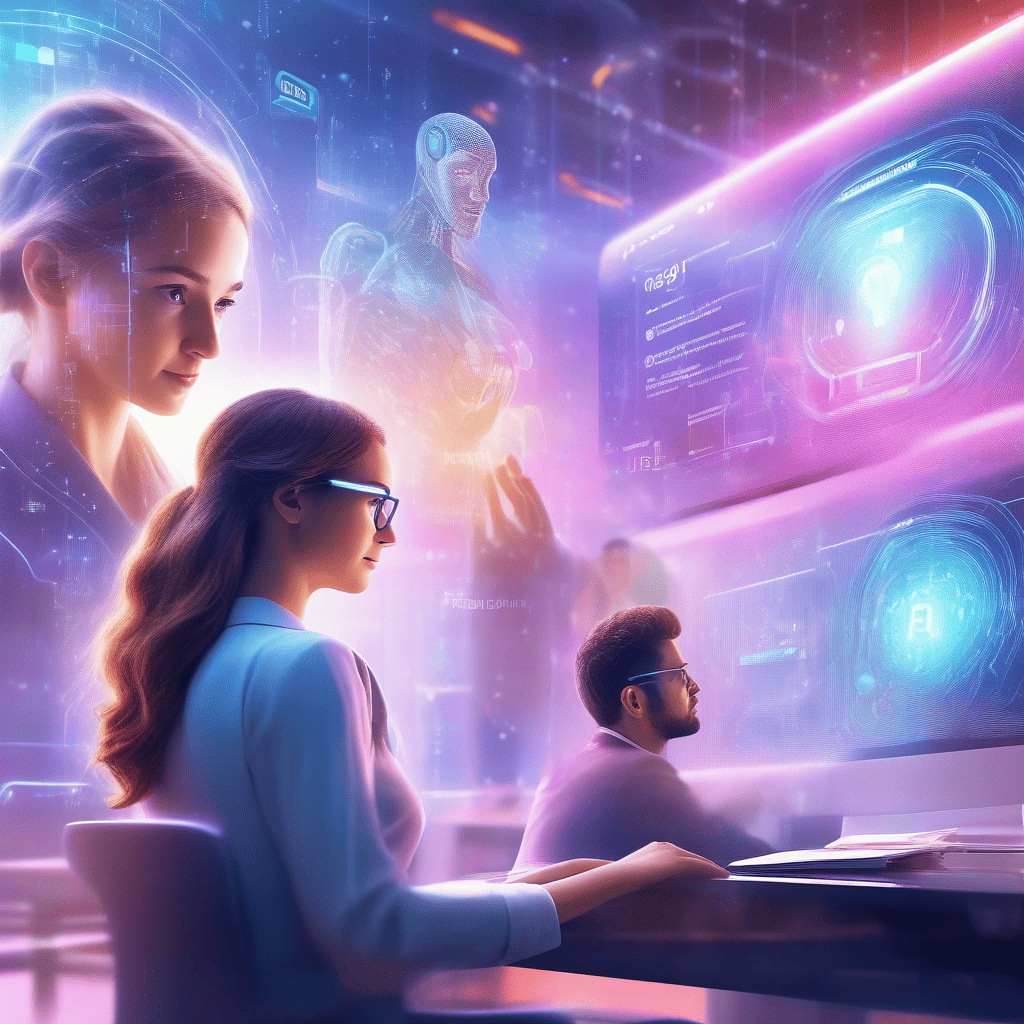
Other sectors, such as retail and agriculture, also witness significant advancements through AI. Automated inventory management systems minimize waste and optimize stock levels, while AI in agriculture leads to precision farming practices, improving crop yields and reducing environmental impact. Overall, the diverse applications of AI are not only making processes more efficient but also paving the way for innovative solutions that address complex challenges across multiple industries.
Common Fears and Misconceptions about AI
Artificial Intelligence (AI) has become a significant component of modern society, yet it is accompanied by widespread fears and misconceptions. One of the most prevalent concerns is job displacement. Many individuals worry that as AI systems improve, they will replace human workers in various sectors. While it is true that automation might alter job landscapes, studies indicate that AI will likely create new opportunities and roles that did not previously exist. Instead of erasing jobs entirely, AI could enhance human productivity, allowing employees to focus on more creative and strategic tasks.
Privacy issues also loom large in public discourse about AI. With the increase in data collection and surveillance technologies, individuals fear their personal information may be misused. It is essential to understand that while AI systems often rely on vast amounts of data, numerous regulations and ethical standards are in place to protect personal privacy. Organizations implementing AI technology are typically required to follow strict compliance protocols to ensure users' data is secure and handled responsibly.
Another common concern relates to the ethical implications of AI. Questions arise about bias in AI algorithms, decision-making transparency, and accountability. These ethical considerations are critical as they can significantly impact society, and it is crucial to address them proactively. Developers and researchers are increasingly aware of these challenges and are taking measures to create fairer, more transparent AI systems. Initiatives focusing on ethical AI aim to minimize bias and improve inclusivity, addressing potential risks head-on.
Understanding these fears and misconceptions is essential in fostering a productive dialogue about AI. A balanced perspective allows individuals to appreciate the potential risks involved while recognizing existing safeguards and measures designed to mitigate them.
The Role of AI in Everyday Life
Artificial Intelligence (AI) has woven itself intricately into the fabric of our daily lives, often operating seamlessly behind the scenes. Understanding AI's ubiquitous presence is essential for recognizing how it enhances our everyday activities, sometimes without our conscious awareness. From the moment we wake up to the sound of a smart assistant like Amazon Alexa or Google Assistant, AI initiates our day, providing weather updates, reminders, and information retrieval based on our preferences.
Social media platforms leverage AI algorithms to curate content that aligns with our interests. Each time a user scrolls through their feed, these sophisticated algorithms analyze past interactions to predict which posts are likely to generate engagement. As such, AI helps in creating tailored content experiences that keep users engaged, with implications for marketing and information dissemination.
Moreover, AI is pivotal in enhancing our home environments through smart home devices. Thermostats that learn our heating preferences, security systems that utilize facial recognition, and even refrigerators that notify us of expired food items exemplify how AI optimizes functionality in our living spaces. These features not only promote efficiency but also enhance security and convenience for households.
In transportation, AI powers navigation systems that utilize real-time data to recommend optimal routes, avoiding traffic and potential hazards. Ride-sharing services use AI to match passengers with drivers, adjusting fares based on demand while optimizing routes for efficient operations. These examples illustrate the undeniable importance of AI in improving transportation experiences.
As we delve deeper into the age of technology, the role of Artificial Intelligence in daily life will continue to grow. This evolution invites individuals to adapt and appreciate the benefits AI brings to its applications and implementations.
The Future of Artificial Intelligence
The future of artificial intelligence (AI) promises to reshape numerous facets of our daily lives, potentially revolutionizing sectors such as healthcare, transportation, and finance. As AI technology continues to evolve, it is anticipated that its capabilities will expand, ushering in a new era of innovation. Experts predict that AI will increasingly exhibit human-like reasoning and problem-solving skills, enabling it to tackle complex global challenges.
One of the most significant areas for future AI applications is in healthcare. AI-driven systems are expected to assist in diagnostics, patient management, and personalized medicine, resulting in improved outcomes and enhanced accessibility to medical services. Moreover, the use of AI in processing large datasets will facilitate the development of new pharmaceuticals and treatment methods, ultimately transforming the healthcare landscape.

In addition to healthcare, AI has the potential to contribute significantly to addressing climate change. Machine learning algorithms can analyze environmental data, optimizing resource management and aiding in the reduction of carbon emissions. AI-driven innovations, such as smart grids and energy-efficient technologies, may help create sustainable solutions that contribute to a more resilient ecosystem.
As AI continues to develop, ethical considerations and regulatory frameworks will become paramount. The introduction of AI in various sectors raises concerns related to privacy, security, and bias. It is crucial for organizations and governments to establish clear guidelines that dictate the responsible use of AI technology, fostering trust and accountability. Collaboration between stakeholders, including technologists, legal experts, and ethicists, will be vital in shaping the future of AI to ensure it serves humanity positively.
Ultimately, the advancements in AI present unprecedented opportunities to improve lives and solve global challenges. By approaching AI with a focus on ethical development and regulation, society can harness its full potential while safeguarding the values that underpin our communities.
Getting Involved in the AI Community
Engaging with the artificial intelligence (AI) community offers a valuable opportunity to expand one’s knowledge, share insights, and foster collaborations with like-minded individuals. One of the most effective ways to immerse oneself is by accessing a wealth of resources dedicated to AI education. Numerous online platforms provide courses ranging from beginner to advanced levels, such as Coursera, edX, and Udacity, which feature content from renowned universities and institutions. These platforms often offer specialized programs that cover various facets of AI, including machine learning, natural language processing, and robotics.
In addition to formal education, participating in online forums and discussion groups can significantly enhance one's understanding of artificial intelligence. Websites like Reddit, particularly the r/MachineLearning and r/ArtificialIntelligence subreddits, serve as hubs for sharing news, research papers, and personal experiences in the field. Engaging in these communities allows members to ask questions, share insights, and curate their learning experience based on real-world applications of AI.
Moreover, following leading publications and blogs is essential for staying informed about the latest breakthroughs in the AI domain. Resources such as MIT Technology Review, Wired, and Towards Data Science provide timely articles and in-depth analyses on current AI trends, breakthroughs, and ethical implications. Subscribing to newsletters from AI research organizations such as OpenAI or DeepMind can also offer exclusive updates and insights directly from industry leaders.
Lastly, attending conferences and meetups can forge invaluable connections within the AI landscape. Events like NeurIPS, ICML, and local tech meetups present opportunities to connect with practitioners, researchers, and enthusiasts, facilitating the exchange of ideas and fostering collaboration. By involving oneself in these participatory avenues, individuals can gain a profound understanding of artificial intelligence and contribute to its evolving narrative.
Understanding Artificial Intelligence (AI) is not just an academic exercise; it is essential for individuals and organizations looking to thrive in an increasingly digital world. Throughout this comprehensive guide, we have explored the fundamental aspects of AI, including its definition, applications, and the ethical considerations that accompany its widespread use. From smart assistants that make our daily tasks easier to complex algorithms that drive decision-making in business, AI profoundly impacts various sectors. The journey into AI encompasses not only technical knowledge but also a robust understanding of its societal implications.
As we conclude, it is crucial to recognize that AI is a powerful tool that can foster innovation, enhance productivity, and drive societal progress. However, it also poses challenges that require thoughtful consideration and action. By equipping ourselves with knowledge about AI, we become better prepared to navigate its landscape and participate responsibly in discussions about its future. The potential of AI is vast, and each of us has a role to play in shaping how it is integrated into our lives and communities.
We encourage you to take action after engaging with this material. Share this article with friends, family, or colleagues who would benefit from understanding AI's impact. Explore additional resources—books, webinars, and online courses—that deepen your knowledge and skills in this intriguing field. Connecting with local AI groups or online forums can provide you with opportunities to learn from experts and fellow enthusiasts, further enriching your understanding of artificial intelligence. Let us all embrace the possibilities of AI positively, together shaping a future where technology and humanity harmoniously coexist.

